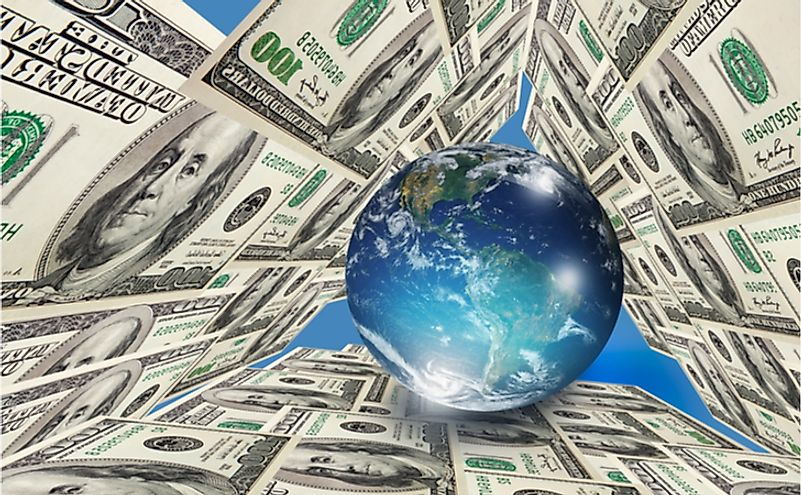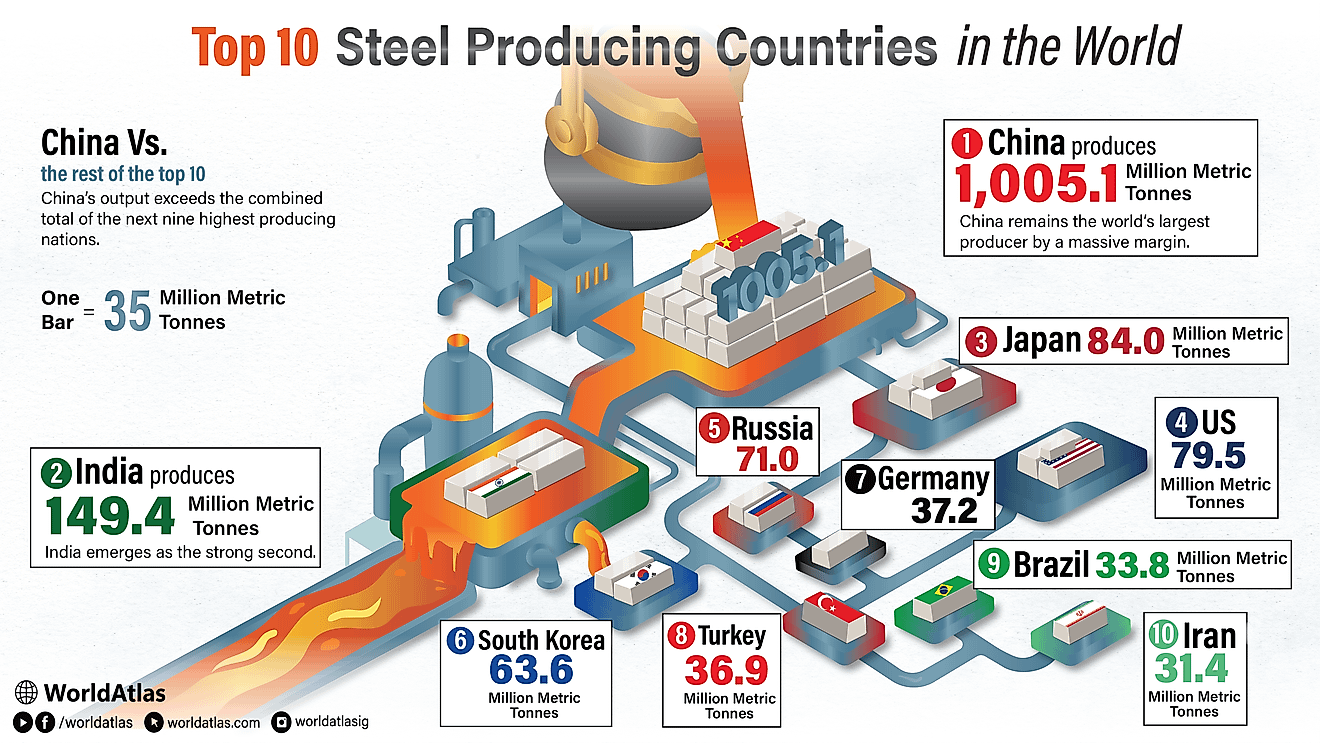When And Why Was World Bank Established?

The World Bank refers to an international financial institution that is affiliated to the UN, which provides grants and development loans to middle income and developing countries. The World Bank, together with other institutions, make up the World Bank Group. The institutions that comprise the World Bank Group include the International Bank for Reconstruction and Development (IBRD), the International Finance Corporation (IFC), the International Development Association (IDA), the International Centre for Settlement of Investment Disputes (ICSID), and the Multilateral Investment Guarantee Agency (MIGA). The name World Bank is used to refer to IBRD and IDA.
Origin of the World Bank
The World Bank was established in 1944 at the meeting of UN monetary and financial conference, commonly known as the Breton Woods Conference. The conference was held from July 1, 1944, to July 22, 1944, and it was to make financial arrangements for the world after WWII because the defeat of Japan and Germany was imminent. The conference was attended by representatives of 44 governments or states which included the Soviet Union. At the conference, the project was drawn for the International Bank for Reconstruction and Development (IBRD) to avail long-term loans to countries that had been severely affected by the war and needed such aid so urgently. It was at this conference that the International Monetary Fund (IMF) was also established to finance international payment imbalances in the short term so as to stabilize the exchange rates. The IBRD was established in 1945 after the governmental ratification. The World Bank began operations officially on June 25th, 1946 and made its first loan of $250 million to France on May 9th, 1946.
Functions of the World Bank
From the 1950s, the bank has played a significant role in financing investment in projects such as infrastructure, particularly in developing countries which include hydroelectric dams, roads, water and sewerage facilities, airports, and maritime ports. Activities of the World Bank (IBRD and IDA) have mainly been focused in developing countries in areas such as agriculture and rural development, human development, environmental protection, infrastructure, large industrial projects, and governance. The World Bank (IBRD and IDA) gives loans at preferential rates to its member states and provide grants to the poorest nations. Typically, grants and loans for specific projects often come with a wider policy change in the country's economy or the sector affected. Some of the largest recipients of the loans in the recent past as of 2018 include India which received the sum of $859 million and China which received $370 million in 2018.
Criticism of the World Bank
For a long time, the World Bank has been criticized by different academicians and non-governmental organizations. Joseph Stiglitz, who was chief economist at the World Bank, has also been critical of the World Bank as well as the IMF. According to most critics, the much-hyped free-market reform policies which have been advocated by the World Bank for a long time may actually be harmful to economic development if they are not implemented well, too quickly, or even in the wrong sequence. Critics also argue that the reforms could also be harmful if implemented in non-competitive and on very weak economies. It has also been observed that agreements on World Bank loans could force countries to procure services and goods from non-free and non-competitive prices.











